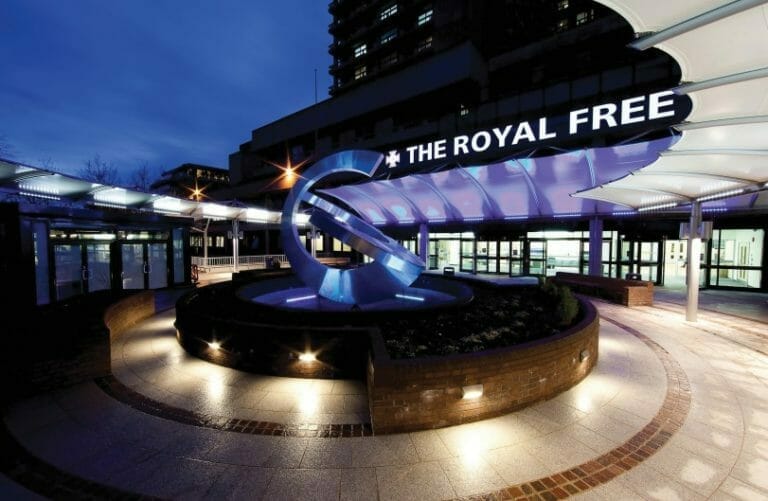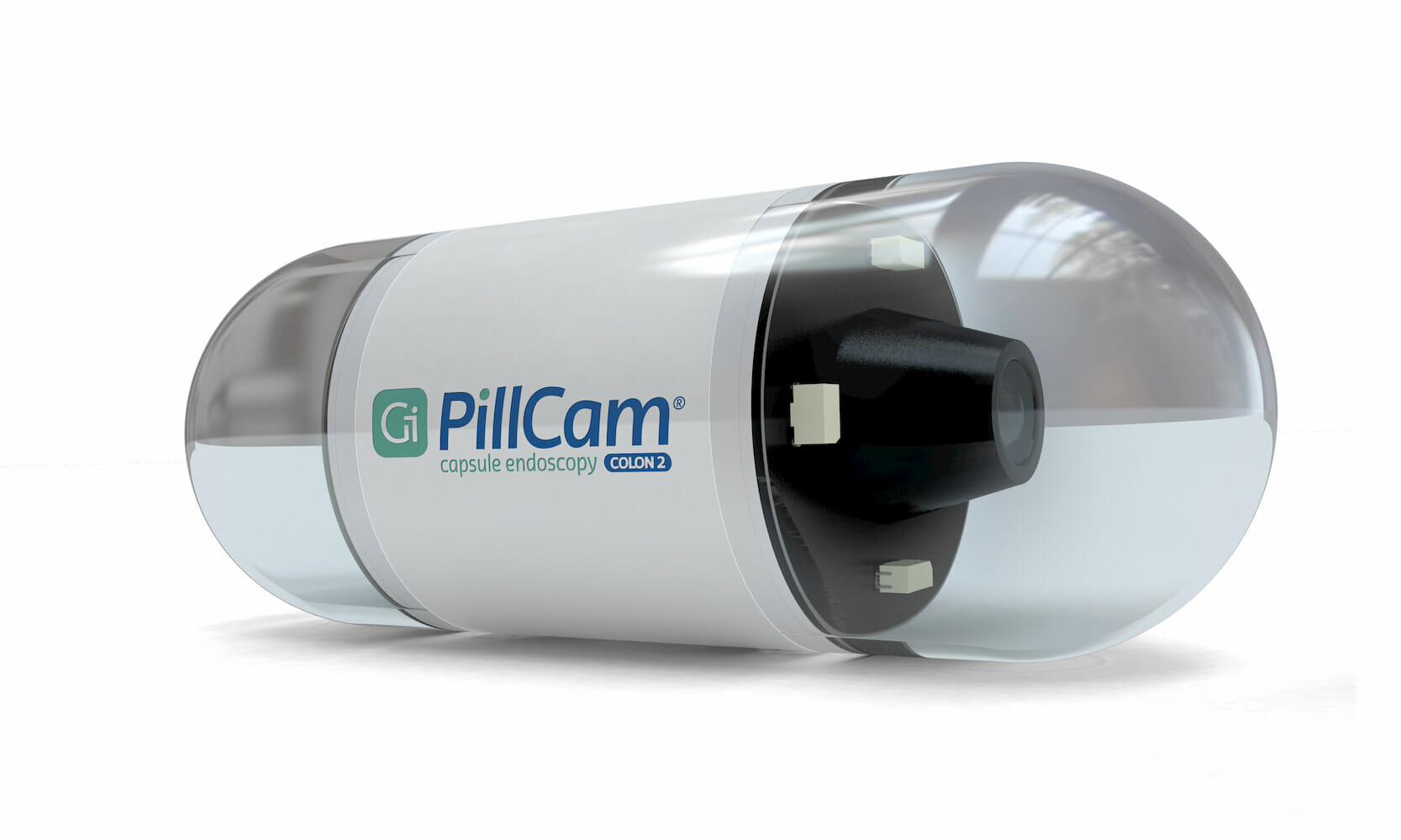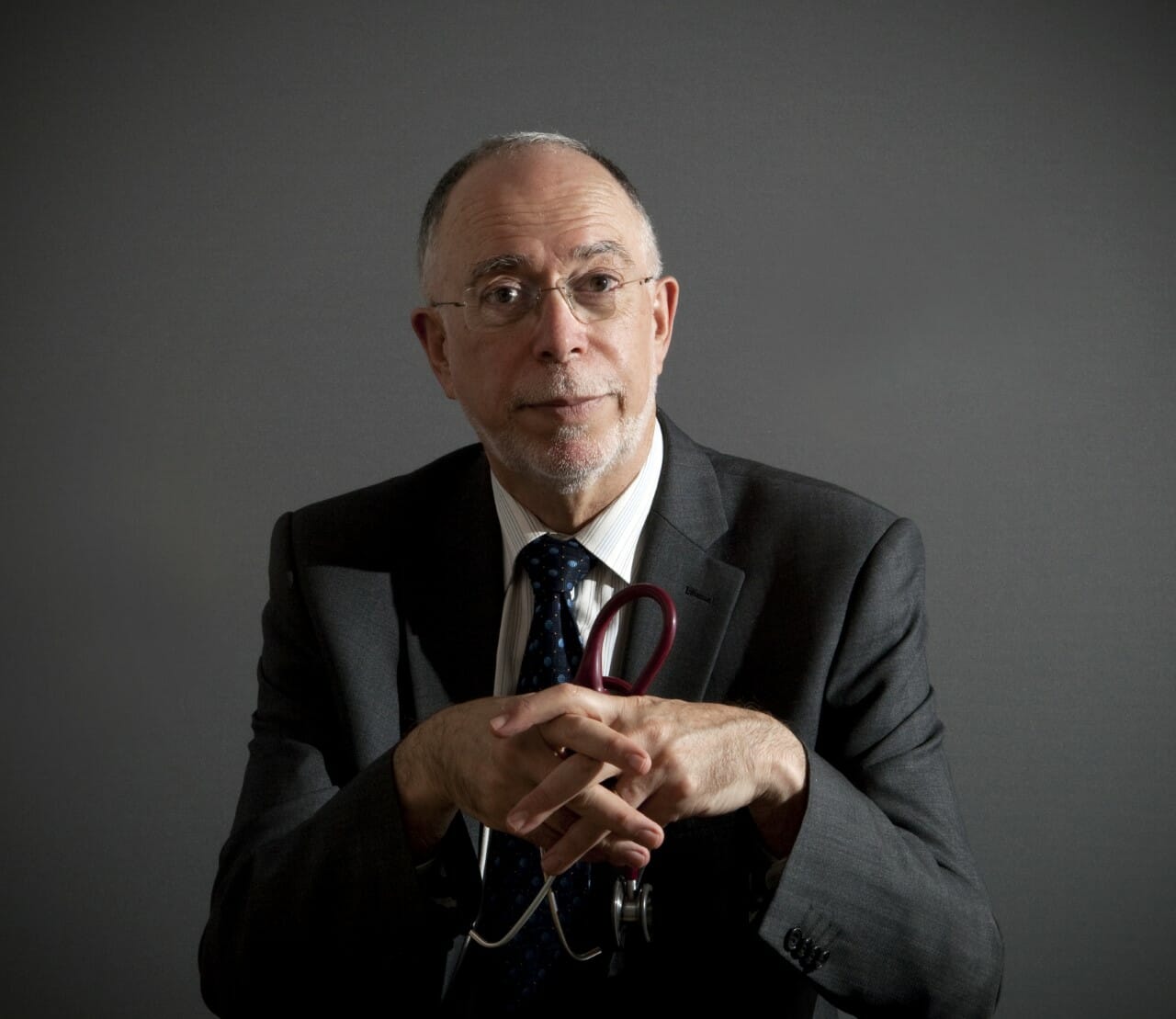Capsule endoscopy

Our private Capsule endoscopy services are provided at the Royal Free Hospital, Hampstead.
To find out more about our hospitals click here:
At the Royal Free London, the Centre for Minimally Invasive Gastroenterology has many years of experience in video capsule endoscopy, having reported over 4,000 cases.
Capsule endoscopy is a procedure using a pill-size capsule that contains a small video camera to enable doctors to have a closer look inside the gastrointestinal tract.
This allows us to investigate and diagnose digestive disorders without necessarily using the traditional, more invasive endoscopy methods.
The procedures enable the clinician to differentiate disorders arising from the inner lining (like inflammation, ulcers, polyps and diverticulosis) from those arising from deep within the lining (like irritable bowel syndrome and functional dyspepsia).
Capsule endoscopy is a painless procedure that can diagnose hiatus hernia, stomach ulcers, colon polyps, cancer and diverticulosis.

Benefits of capsule endoscopy
- Capsule endoscopy is convenient, comprehensive and painless.
- After swallowing the capsule, you can immediately continue your daily activities.
- Unlike conventional endoscopy, capsule endoscopy will capture images of the whole GI tract – throat (oesophagus), stomach, small bowel and colon.
The procedure
Rather than using a camera at the end of a tube which is inserted manually, the procedure involves swallowing a pill-sized capsule that contains a small video camera – PillCamTM.
PillCamTM is a breakthrough technology that squeezes a “TV studio” into a capsule, providing a video recording that can span the entire 7 metres of digestive tract from mouth to rectum.
This innovative technique enables the camera to travel the entire length of the gastrointestinal tract, reaching areas that a traditional endoscope might not always be able to and capturing thousands of images as it goes. These are recorded wirelessly on a data recorder that patients are required to wear for the duration of the process (they’re very discreet and compact and can normally be worn attached to a belt at the waist). The capsules are disposable and will naturally pass through your body via a bowel movement.
You’ll usually be given medication to help clear the bowels before the procedure and be asked not to eat for a certain number of hours beforehand, in order to maximise the effectiveness of the test.
In a minority of patients, where the procedure establishes an abnormality requiring biopsy or removal of a large polyp, a conventional endoscopy would then be advised.
For gastroenterologists, the initial diagnostic challenge is to determine whether the patient’s symptoms arise from mucosal damage or from submucosal sensory-motor, brain-gut disorders. the video capsule allows the gastroenterologist to direct the ongoing pathway.
How it works:
- Simply swallow the disposable capsule with a glass of water.
- You can return home immediately while the camera moves through the gut propelled like any food.
- The procedure is painless.
- There is no need to be sedated or escorted.
- There is no need to retrieve the disposable camera, which is passed naturally.
- Once the camera is expelled, the receiver is returned to our unit and the video is downloaded, where it is viewed and reported by expert practitioners.
- Results will be available to the patient within 72 hours of the test.
Symptoms that can be investigated:
- Heartburn and reflux
- Indigestion
- Bloating and distension
- Abdominal discomfort
- Altered bowel habit
- Positive faecal occult blood
Other indications:
- Screening for colonic polyps / cancer
- Family history of colon cancer
- Screening for Barrett’s oesophagus
- Follow up of inflammatory bowel disease
Whole bowel check
We offer whole bowel checks for patients seeking reassurance about or exclusion screening / early detection of gut diseases, such as polyps or cancer and for patients with symptoms who want fast access to painless investigations.
We also offer remote reading services, learn more about Capsule Endoscopy Remote Reading Hub.
Lead Consultant

Prof Owen Epstein
Professor of Gastroenterology, Royal Free London NHS Trust
Director of the RFL PPU Minimally Invasive Gastroenterology Unit (www.mige-diagnostics.co.uk)
Specialities and clinical interests:
Gastroenterology, Minimally Invasive
Gastroenterology, Video Capsule, Breath Testing and Physiological Wellbeing
Major clinical interest:
Use of new technology, in particular painless, minimally invasive investigations, to re-define the clinical journey leading to diagnosis and treatment
The Royal Free Private Patient Unit is a leader in capsule colonoscopy for bowel screening. Utilising the most up to date patient education media, we offer quick access to a truly patient centred approach.
Learn more about Capsule Endoscopy Remote Reading Hub.
Get in touch
